A margin call is one of the most critical warnings in trading, often marking a trader’s potential financial downfall if not managed properly. In the Indian share market, where margin trading is increasingly popular, understanding margin calls is crucial for every investor and trader.
In this blog, we’ll delve deep into what a margin call is, how it works, why it happens, and how traders can avoid it. We’ll also provide some historical context and real-world examples to give you a comprehensive understanding of this financial concept.
What is a Margin Call?
A margin call occurs when a broker demands additional funds or securities to bring a margin account to the minimum maintenance margin requirement. In simpler terms, if the value of the securities in your margin account falls below a certain level, the broker asks you to deposit more money to cover potential losses.
When a trader buys stocks on margin (borrowing funds from a broker to purchase shares), the shares act as collateral. If the stock price falls, the value of the collateral declines, prompting the broker to issue a margin call.
Key Terms Related to Margin Call:
- Initial Margin: The percentage of the purchase price that must be paid for with the investor’s own money.
- Maintenance Margin: The minimum balance that must be maintained in the margin account.
- Leverage: Using borrowed funds to increase potential returns (or losses).
Historical Overview of Margin Calls in the Indian Share Market
The Indian share market has seen several periods where margin calls became a significant factor, particularly during market crashes or corrections. Here’s a brief overview of some key events:
| Year | Event | Impact of Margin Calls |
|---|---|---|
| 1992 | Harshad Mehta Scam | A surge in margin trading followed by mass margin calls. |
| 2008 | Global Financial Crisis | Market collapse led to widespread margin calls and forced selling. |
| 2020 | COVID-19 Pandemic Crash | Sharp declines in stock prices resulted in numerous margin calls. |
How Does a Margin Call Work?
When you trade on margin, you’re essentially using borrowed money from your broker to buy more shares than you could with your own funds. While this can increase potential profits, it also magnifies potential losses. Here’s how a margin call typically works:
- Initial Trade: A trader opens a margin account and deposits a certain amount of money (the initial margin). Let’s say a trader deposits ₹1,00,000 and buys shares worth ₹2,00,000, using 50% margin (borrowing ₹1,00,000 from the broker).
- Stock Price Decline: The stock price begins to fall, reducing the value of the trader’s position. As the value of the shares declines, the equity in the margin account falls.
- Maintenance Margin: The broker requires a minimum level of equity to be maintained in the margin account, usually around 25%. If the value of the account falls below this threshold, the broker will issue a margin call.
- Margin Call Issued: The broker demands that the trader either deposit additional funds or sell some shares to meet the minimum requirement. If the trader fails to do this, the broker may sell the shares without the trader’s consent to cover the losses.
Example Scenario:
| Action | Stock Value (₹) | Account Value (₹) | Borrowed Amount (₹) | Equity (₹) | Maintenance Margin (₹) |
|---|---|---|---|---|---|
| Initial Trade | 2,00,000 | 2,00,000 | 1,00,000 | 1,00,000 | 50,000 |
| Stock Decline (-30%) | 1,40,000 | 1,40,000 | 1,00,000 | 40,000 | 35,000 |
| Margin Call Issued | 1,30,000 | 1,30,000 | 1,00,000 | 30,000 | 32,500 |
As seen in the table, when the stock value declines by 30%, the equity falls below the required maintenance margin, triggering a margin call.
Why Do Margin Calls Happen?
Margin calls occur for several reasons, but the primary cause is a drop in the market value of the securities in your margin account. The decline in value reduces your equity in the account, potentially bringing it below the required maintenance margin.
Common Triggers for Margin Calls:
- Market Volatility: Sudden and large drops in stock prices can erode your equity and lead to margin calls.
- Excessive Leverage: Borrowing too much money to invest can result in margin calls during unfavorable market movements.
- Interest Charges: The cost of borrowing on margin can accumulate over time, adding to the required balance.
The Impact of Margin Calls
Margin calls can have serious consequences for traders, especially if they don’t act quickly. Here are some potential outcomes:
- Forced Selling: If a trader cannot meet the margin call by depositing more funds, the broker may sell off the trader’s securities at a loss.
- Increased Losses: A margin call often forces traders to sell at a loss, magnifying their losses beyond what they would have experienced without margin trading.
- Loss of Investment: In extreme cases, a trader may lose their entire investment if they fail to meet margin calls and the broker liquidates their account.
Strategies to Avoid Margin Calls
While margin trading offers the potential for increased profits, it also carries significant risks. Here are some strategies to help avoid margin calls:
- Monitor Your Account Regularly: Keep a close eye on your margin account and the market to ensure you’re not caught off guard by a margin call.
- Use Stop-Loss Orders: A stop-loss order can automatically sell your position if the price falls to a certain level, preventing further losses.
- Avoid Excessive Leverage: Only borrow what you can afford to lose, and don’t over-leverage your positions.
- Diversify Your Portfolio: Spread your investments across different assets to reduce the impact of a price drop in one security.
- Maintain a Buffer: Keep extra cash or securities in your margin account to act as a buffer against price declines.
Real-World Example: Margin Calls During the COVID-19 Pandemic
The sharp market downturn caused by the COVID-19 pandemic in 2020 is an excellent case study for understanding how margin calls can affect traders. As the global markets crashed, Indian shares followed suit, leading to widespread margin calls across various brokerages.
| Date | Nifty 50 Index Value (₹) | Margin Call Events |
|---|---|---|
| March 1, 2020 | 11,333 | Increased margin calls |
| March 23, 2020 | 7,610 | Widespread margin calls |
| April 1, 2020 | 8,550 | Margin calls subsided |
Regulatory Guidelines for Margin Calls in India
In India, the Securities and Exchange Board of India (SEBI) regulates margin trading practices to protect traders and investors. SEBI has put several rules in place to ensure fair and transparent margin trading.
Key SEBI Regulations for Margin Trading:
- Initial Margin Requirement: Traders must deposit a minimum percentage of the transaction value as an initial margin.
- Daily Margin Requirement: Brokers must report daily margins, and traders must meet these requirements.
- Disclosure Requirements: Brokers must provide clear information to traders about margin calls and the consequences of not meeting them.
Historical Data on Margin Calls in India
To better understand the role of margin calls in the Indian share market, let’s look at historical data on market downturns and the resulting margin calls.
| Year | Major Market Event | Increase in Margin Calls |
|---|---|---|
| 2008 | Global Financial Crisis | 70% increase in margin calls |
| 2016 | Demonetization | 25% increase in margin calls |
| 2020 | COVID-19 Pandemic | 85% increase in margin calls |
Managing Margin Calls Effectively
If you receive a margin call, there are several steps you can take to manage the situation effectively:
- Deposit Additional Funds: The most straightforward way to meet a margin call is to deposit more cash into your account.
- Sell Securities: You can also choose to sell some of your securities to bring your account back to the required margin level.
- Adjust Leverage: Reducing the amount of leverage you’re using can help prevent future margin calls.
Conclusion
Margin trading can be a powerful tool for increasing returns, but it comes with significant risks. Understanding margin calls and how to manage them is essential for anyone looking to engage in margin trading. By monitoring your account, using stop-loss orders, and avoiding excessive leverage, you can reduce the risk of receiving a margin call and the potential financial losses that come with it.
If you’re a new or seasoned trader in the Indian share market, being informed about margin calls is a crucial step toward better financial decision-making.
FAQ Section
- What triggers a margin call?
- A margin call is triggered when the value of your margin account falls below the broker’s required maintenance margin.
- Can margin calls be avoided?
- Yes, margin calls can be avoided by closely monitoring your account, using stop-loss orders, and avoiding excessive leverage.
- What happens if you don’t meet a margin call?
- If you don’t meet a margin call, your broker may sell your securities to cover the losses.

What Is Implied Volatility?
In the realm of Indian share market derivatives, implied volatility (IV) plays a crucial role …

What is Margin Funding?
Margin funding is a powerful tool in the Indian share market that allows traders to …

Forward vs Future contract
In the Indian share market, derivatives such as forward and future contracts play a pivotal …

What is Margin Money?
Margin money is a crucial aspect of trading in the Indian share market, especially in …
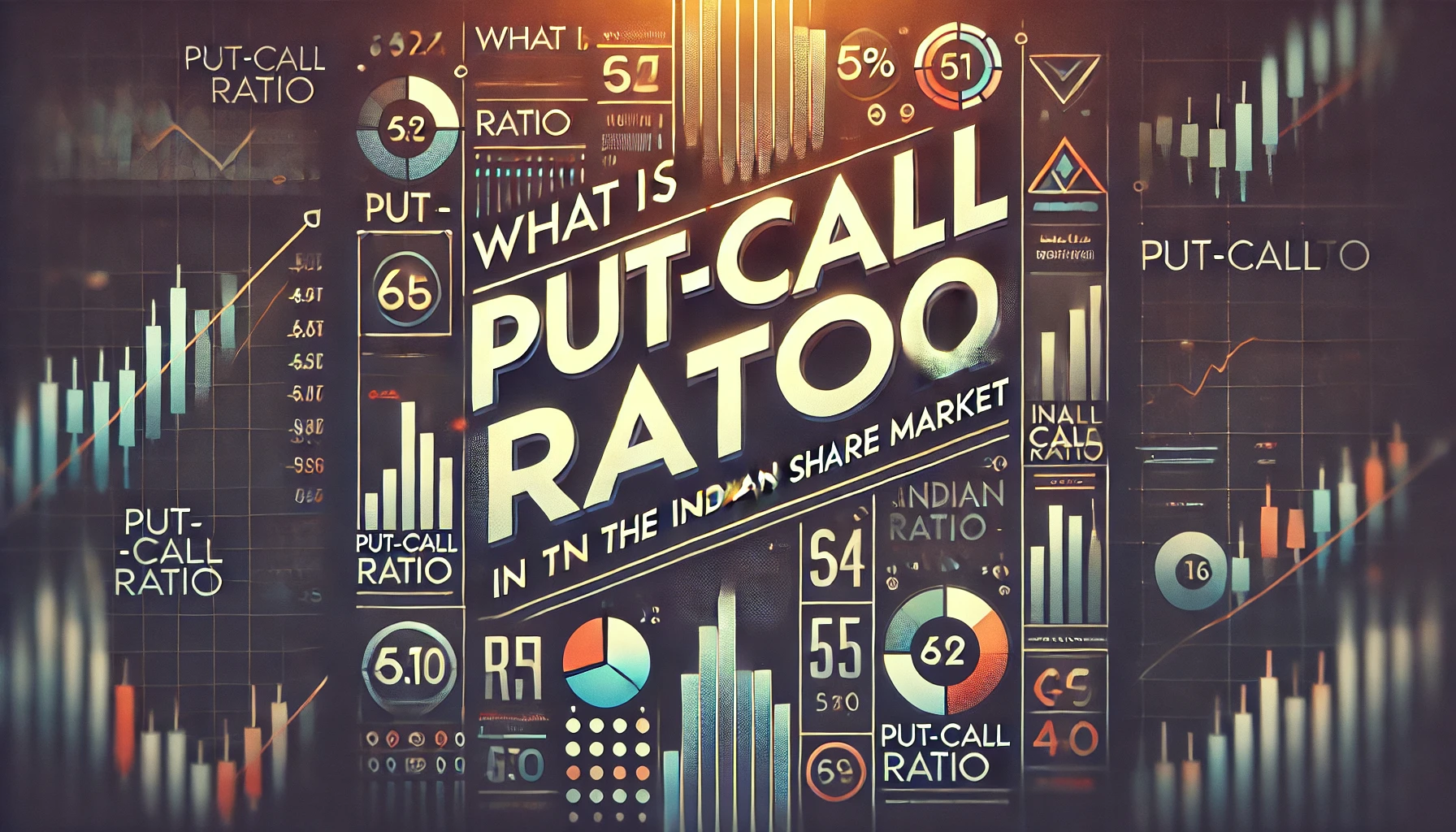
What is Put-Call Ratio?
The Put-Call Ratio (PCR) is one of the most widely used indicators in options trading …

What is Derivatives?
Derivatives are financial instruments whose value is derived from an underlying asset or benchmark. In …
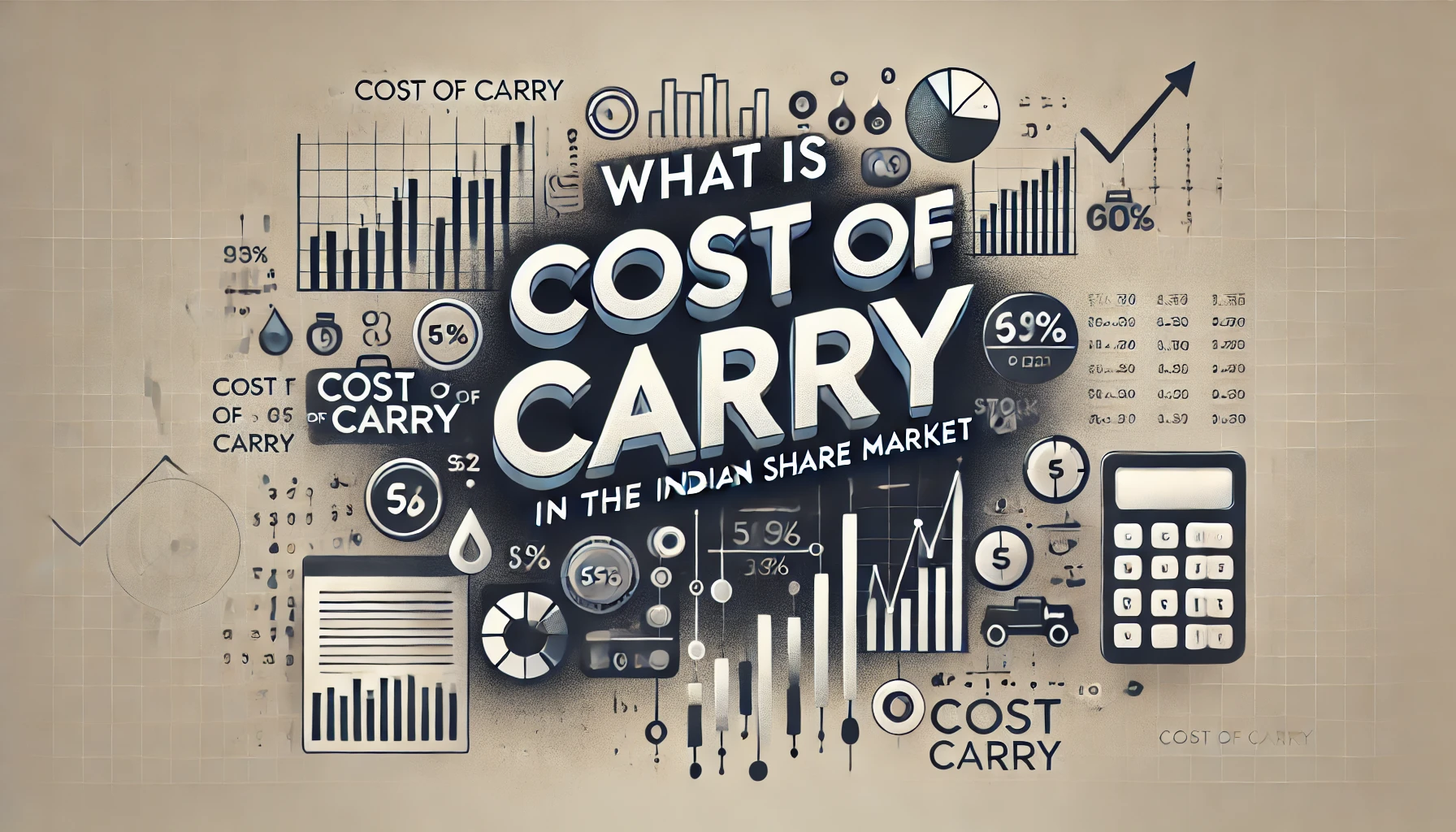
What is Cost of Carry?
The cost of carry is an essential concept in futures trading that reflects the cost …

What is futures
Futures are a fundamental part of derivatives trading in the Indian stock market. They allow …
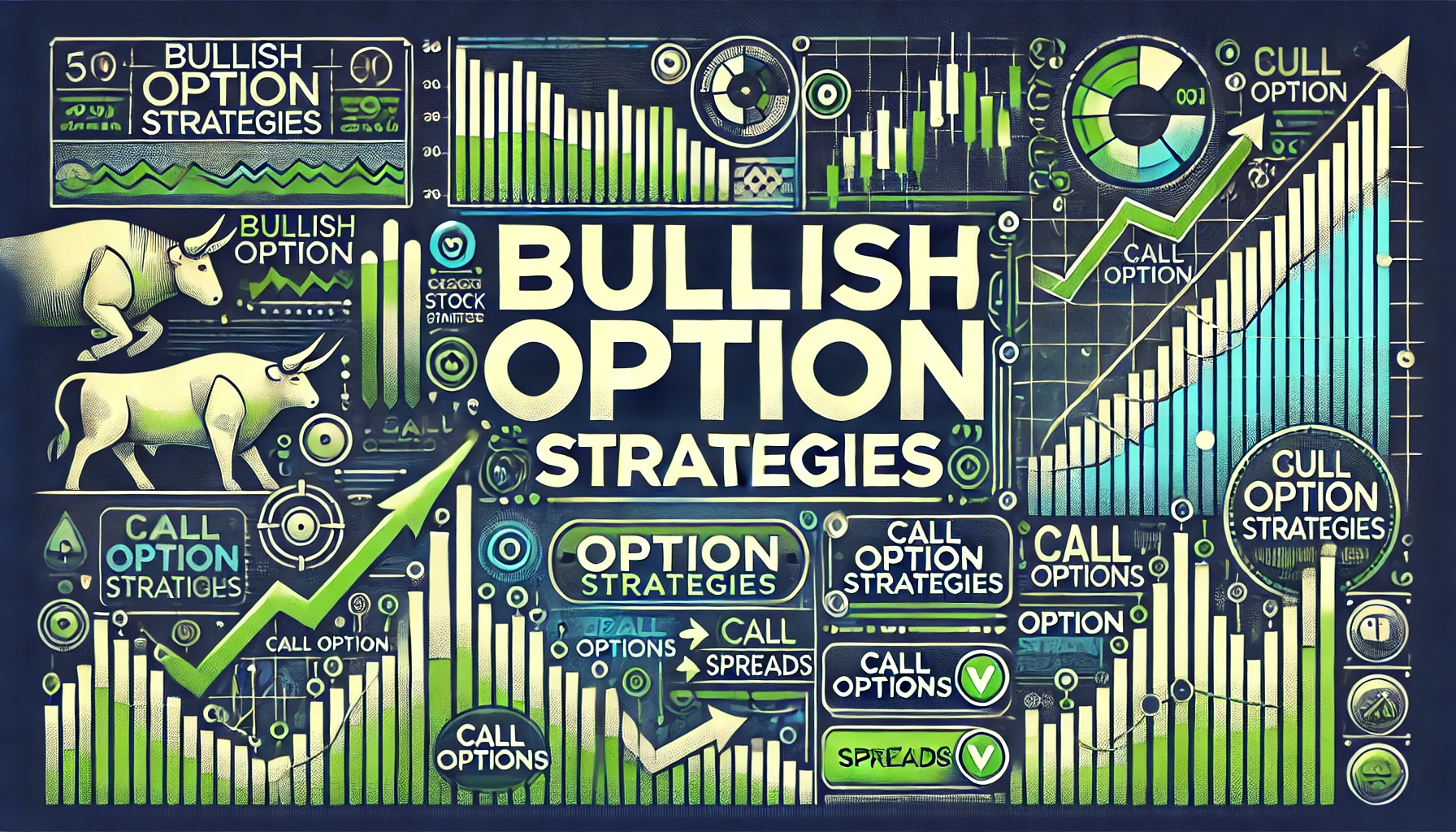
Bullish Option Strategies
In the ever-evolving world of derivatives trading, options have become a powerful tool for investors …

Understanding Physical Settlement in Futures & Options Contracts: A Comprehensive Guide
In the world of derivatives trading, the concept of physical settlement has gained prominence, particularly …
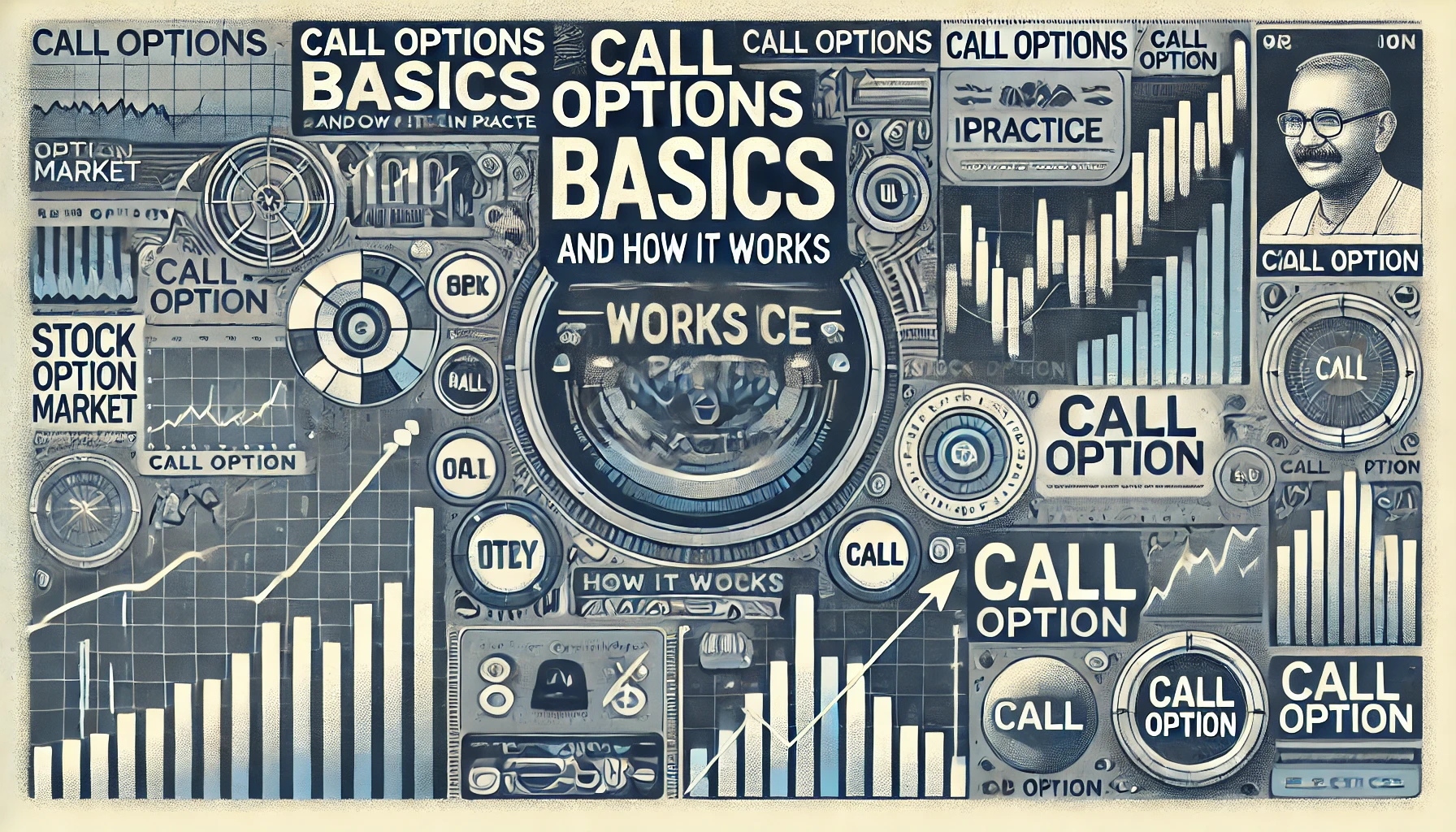
what are call options
The Indian share market has expanded significantly over the years, attracting a growing number of …

What Is Credit Spread Strategy
In the world of options trading, the credit spread strategy is one of the most …

What Is a Forward Contract
A forward contract is a customized financial agreement between two parties to buy or sell …

Types of Derivatives in India
The Indian derivatives market has grown exponentially, becoming a vital tool for investors and traders …
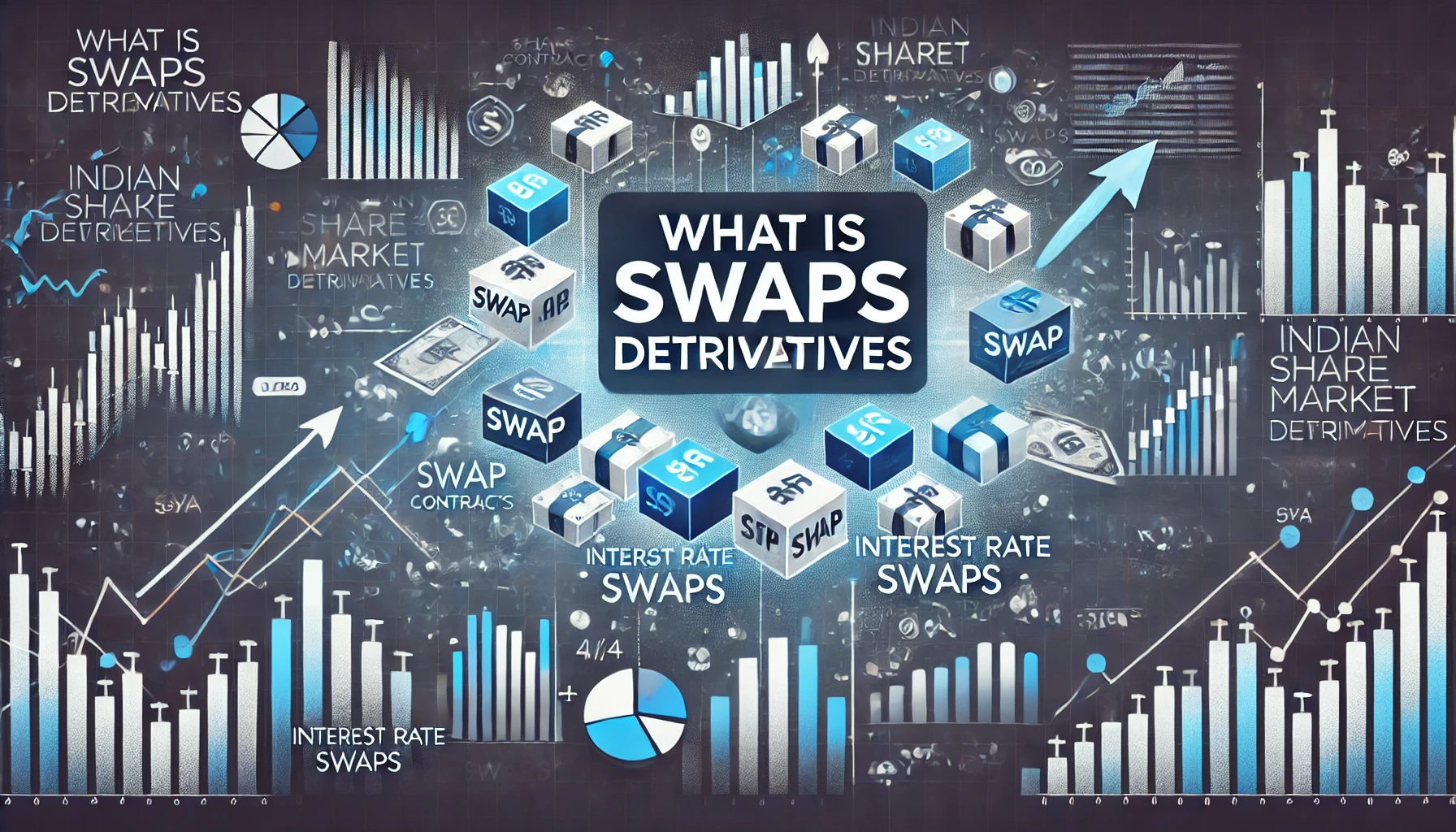
What is Swaps Derivatives
In the world of derivatives, swaps are a special class of contracts that allow two …

Intrinsic Value and Time Value of Options
Options trading is one of the most widely used financial instruments in the Indian share …

What is Open Interest?
In the world of derivatives, the concept of “Open Interest” plays a crucial role in …

Types of underlying assets in derivatives
The Indian derivatives market has grown exponentially over the last few decades, thanks to its …

derivatives on Option Volatility & Pricing Strategies
The Indian share market derivatives segment is a dynamic environment where advanced traders rely heavily …

What is Futures Contract
The Indian share market offers various financial instruments that provide opportunities for investors and traders. …
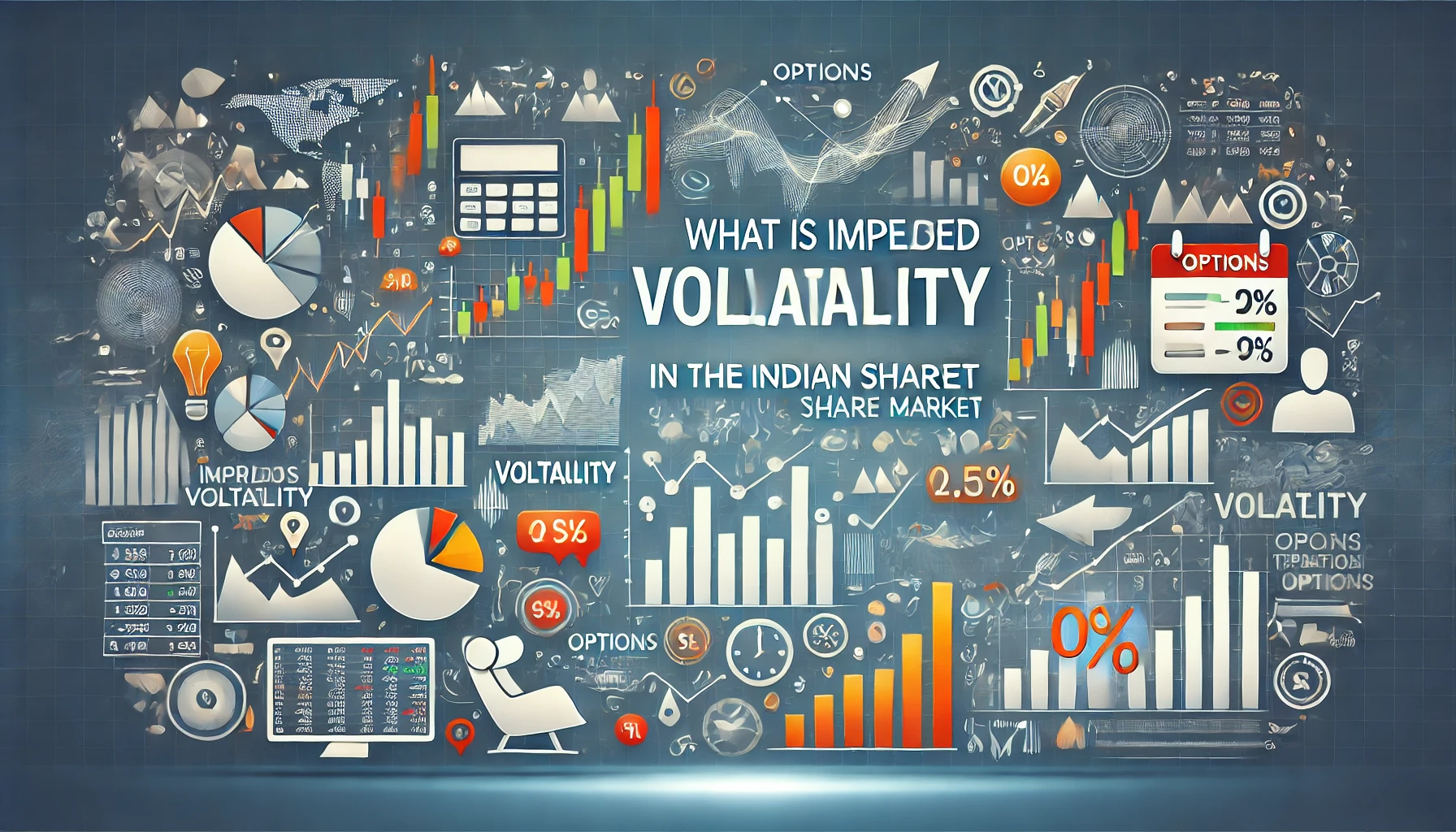
What is implied volatility in options?
In the world of options trading, one of the most crucial elements to understand is …

Futures Pricing Formula
The Indian share market is known for its dynamic nature and offers various opportunities for …

What is an ITM Call Option?
The world of options trading is filled with technical terms that are crucial for investors …

What is Max Pain Theory?
The Indian share market is full of strategies and theories that traders use to predict …

What is OTM Call Options
In options trading, terms like “in the money” (ITM), “at the money” (ATM), and “out …

What Is Rollover
Rollover is a common term in the world of futures and derivatives trading, especially in …

Futures Prices Converge Upon Spot Prices
In the world of financial markets, futures contracts play a significant role. One of the …
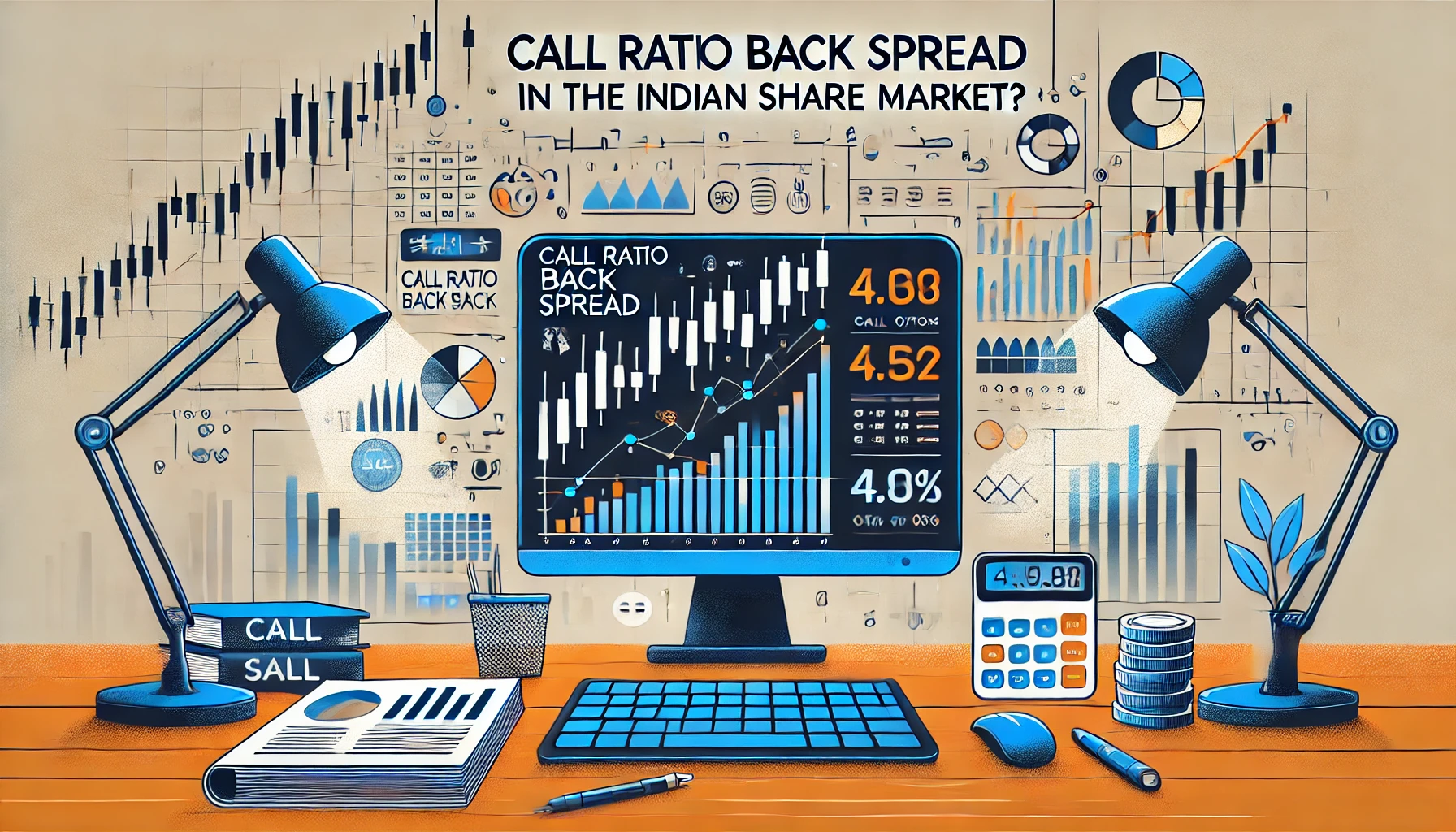
Call Ratio Back Spread
In the Indian share market, advanced trading strategies such as the Call Ratio Back Spread …
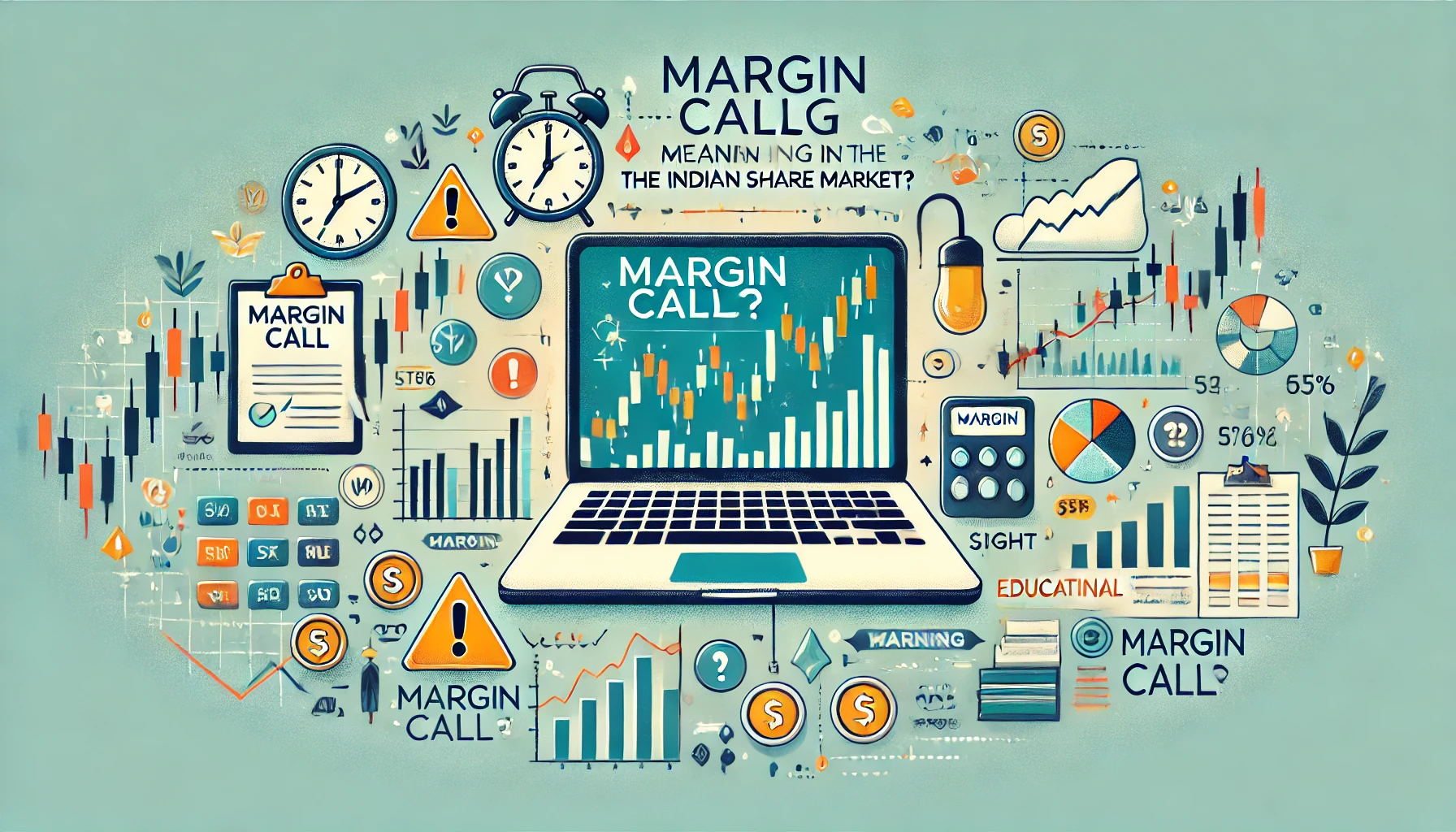
Margin Call Meaning
A margin call is one of the most critical warnings in trading, often marking a …

What is Bermuda Option?
The financial markets are full of complex instruments, and one such tool is the Bermuda …


















